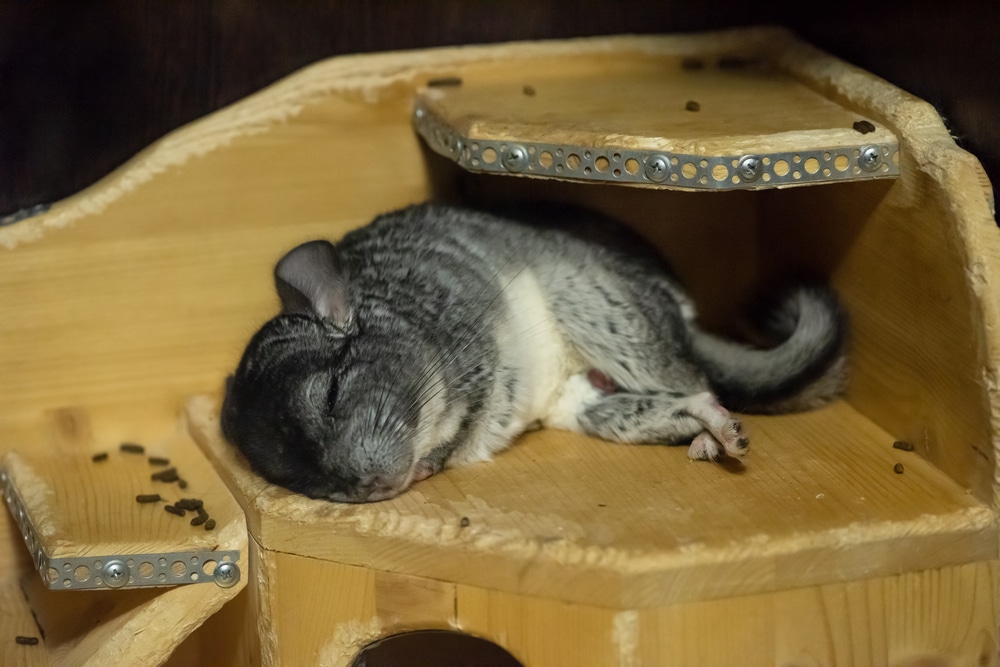
ChinCare Providing Devoted Chinchilla Information
Alright, let's cut to the chase. If you're frantically typing "Is my chinchilla dying?" into Google, take a deep breath. The short answer is: If your chinchilla is lethargic, refusing food, or displaying any drastic change in behavior, it's time to act. Call your vet pronto. Don't Google symptoms for hours; just get them.

Chinchilla Dying Symptoms (Recognizing 7 Chinchilla Illnesses)
Chinchillas commonly develop two conditions that involve their fur. First, fur chewing in chinchillas is a common behavioral problem in which they chew on their own or their cage mates' fur so that the haircoat looks patchy. Hair growing back into the chewed regions may be shorter and darker than the original fur.

Is My Chinchilla Sick? Common Signs To Look Out For Small Pet Select Blogs Small Pet Select
1. Smiling Among some of the rare things that will let you know that your chinchilla is very happy is giving a smile. It's unmistakable how they curl their cheeks upward in contentment. It can be from being combed, touched, and simply being happy. Scratching under their chin will also trigger this smile. 2. Winking

Chinchilla Dying Symptoms How to Identify the Signs of a Dying Chinchilla Chinchillaowner
This can include a sudden decrease in their activity levels, lethargy, or a loss of interest in their usual activities. Furthermore, a sick chinchilla may also display signs of distress or discomfort, such as excessive scratching, biting, or vocalizing. These behavioral changes can indicate an underlying health concern and should not be overlooked.

Is My Chinchilla Sick? Common Signs To Look Out For Small Pet Select Blogs Small Pet Select
2.1 Dental Issues 2.2 Respiratory Infections 2.3 Lack Of Appetite 2.4 Consuming Less Water Than Usual 2.5 Skin And Fur Problems 2.6 Heat Stroke 2.7 Lack Of Feces Production 3 How To Handle, Treat And Care Common Illnesses In Chinchillas 3.1 Examine Your Chinchilla Regularly To Detect Issues Early

Chinchilla Dying Symptoms (Recognizing 7 Chinchilla Illnesses)
Common symptoms of illness include a poor coat, diarrhea, constipation, unusual fecal matter, not eating or drinking, trouble breathing, and lethargy. If you suspect illness or injury, seeking veterinary advice is always recommended. Below are some of the more common health problems that affect chinchillas. Bites.

Chinchilla Dying Symptoms (Recognizing 7 Chinchilla Illnesses)
Key Takeaway: Dental diseases, gastrointestinal problems, and respiratory issues are the main health concerns for chinchillas. They can also suffer from urinary tract infections, skin issues, and fertility troubles. Chinchillas are also vulnerable to heatstroke, bacterial infections, and stress.

What To Do With A Dead Chinchilla WHATDOSD
Look out for signs such as increased aggression, withdrawal, or disinterest in activities they usually enjoy. Any significant shifts in behavior should be taken seriously and evaluated by a veterinarian. Breathing difficulties can be a cause for concern in chinchillas.

Chinchilla Dying Symptoms (Recognizing 7 Chinchilla Illnesses)
Behavior Chinchilla Dying Symptoms: How to Identify the Signs of a Dying Chinchilla Dave Lewis January 20, 2023 When Chinchillas are dying, the general symptoms that begin to show in them are lack of appetite, reduced water consumption, and dental issues. However, it goes beyond these. Similar to… Guide
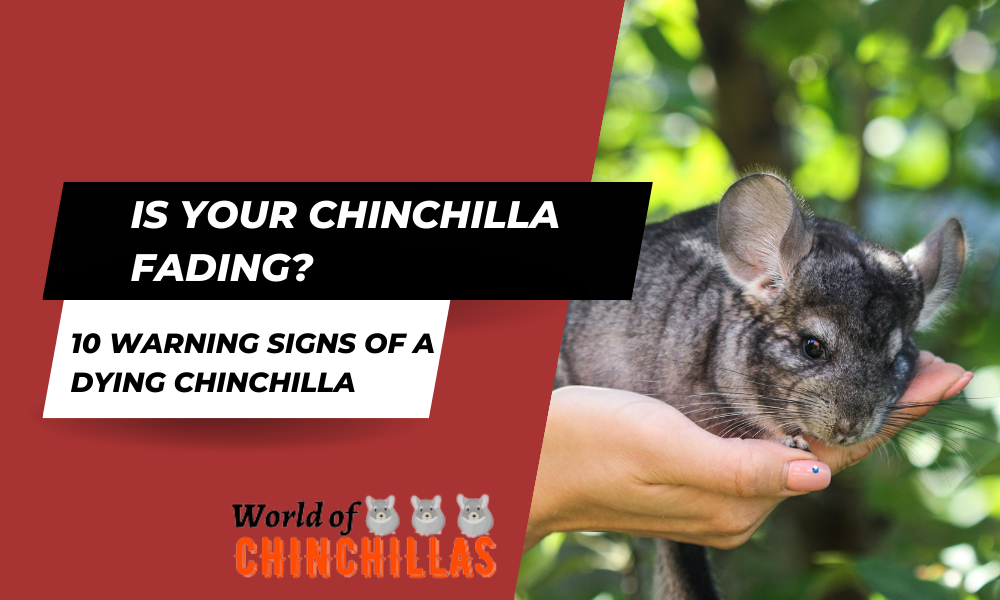
10 Warning Signs of a Dying Chinchilla Is Your Pet Fading?
1. Loss Of Appetite Poor health conditions may cause loss of appetite in your chinchilla, such as a tooth problem is a common cause of chinchillas not eating or drinking. Chinchillas' loss of appetite could also be because it doesn't like the taste of water or the food you've provided or is not interested in ingesting liquid.
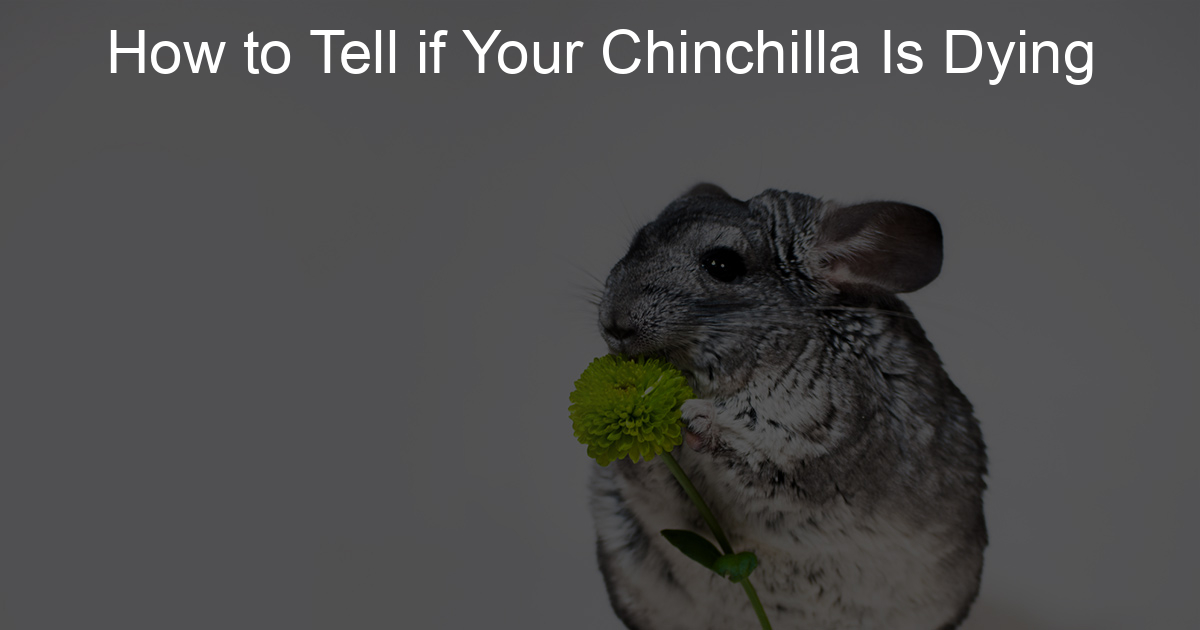
How to Tell if Your Chinchilla Is Dying Chinchilla Friend
These overgrown teeth may start to cut into the tongue, cheek, or lips, leading to difficulty eating, decreased appetite, weight loss, drooling, eye problems, and pawing at the face. Chinchillas can also develop abscesses (bacterial infections) involving incisors or cheek teeth.
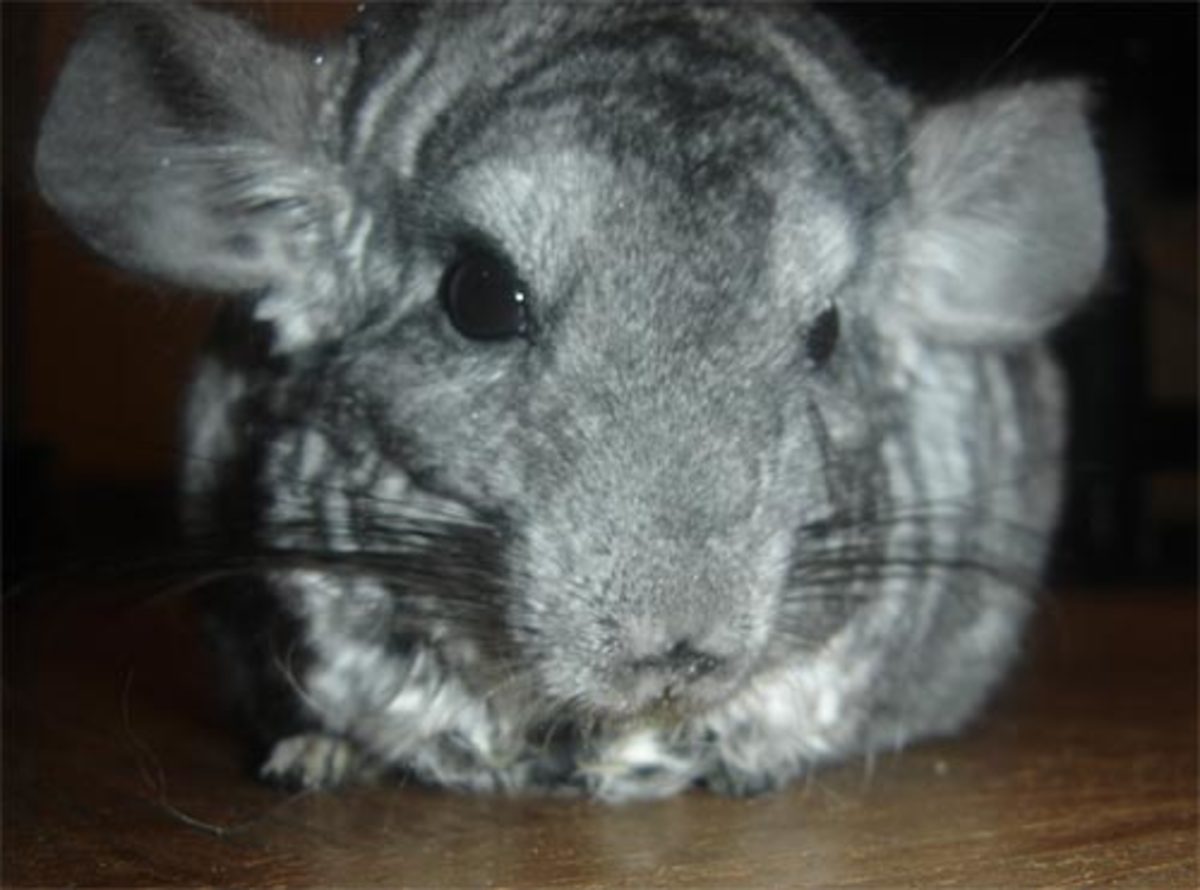
Signs of Common Chinchilla Ailments PetHelpful
A healthy chinchilla has shiny and clear eyes. Make sure that its eyes aren't watery, as this is not a sign of healthy eyes. If the nose, eyes, and ears are secreting discharge, it could be a sign of health issues. Look at the chinchilla's teeth. The upper and lower teeth should be aligned, but even if they cover the jaw, there should be no.
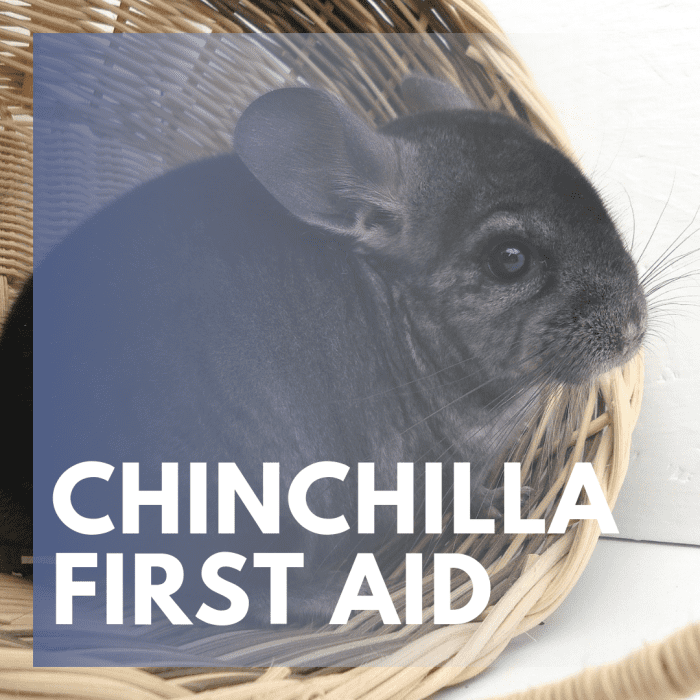
Signs of Common Chinchilla Ailments PetHelpful
The most common symptom is vomiting, which can be accompanied by diarrhea, lethargy, and lack of appetite. If the obstruction is severe, it may also lead to dehydration and electrolyte imbalances. Gastrointestinal obstruction can be life-threatening, so it is important to seek veterinary care if your chinchilla shows any of these symptoms.

Chinchilla Dying Symptoms (Recognizing 7 Chinchilla Illnesses)
The 7 Common Chinchilla Health Problems. 1. Improper Nutrition. Chinchillas should almost exclusively eat hay. They need to always have it available, and it needs to be good quality and fresh. Grass hay is best. Alfalfa hay is usually too high in fat and protein, especially for adults. These little, round guys are not athletes running the.

Chinchilla Health Chinchilla Diseases, Chinchilla Illnesses I'm Chinchillin'
Chinchillas should never be bathed in water. The fine chinchilla dust provided for a dust bath penetrates the thickness of the chinchilla's fur and absorbs oils and clears away dirt. Not only do dust baths keep their fur in tip-top shape, but chinchillas also seem to enjoy having a vigorous dust bath. 06 of 08.
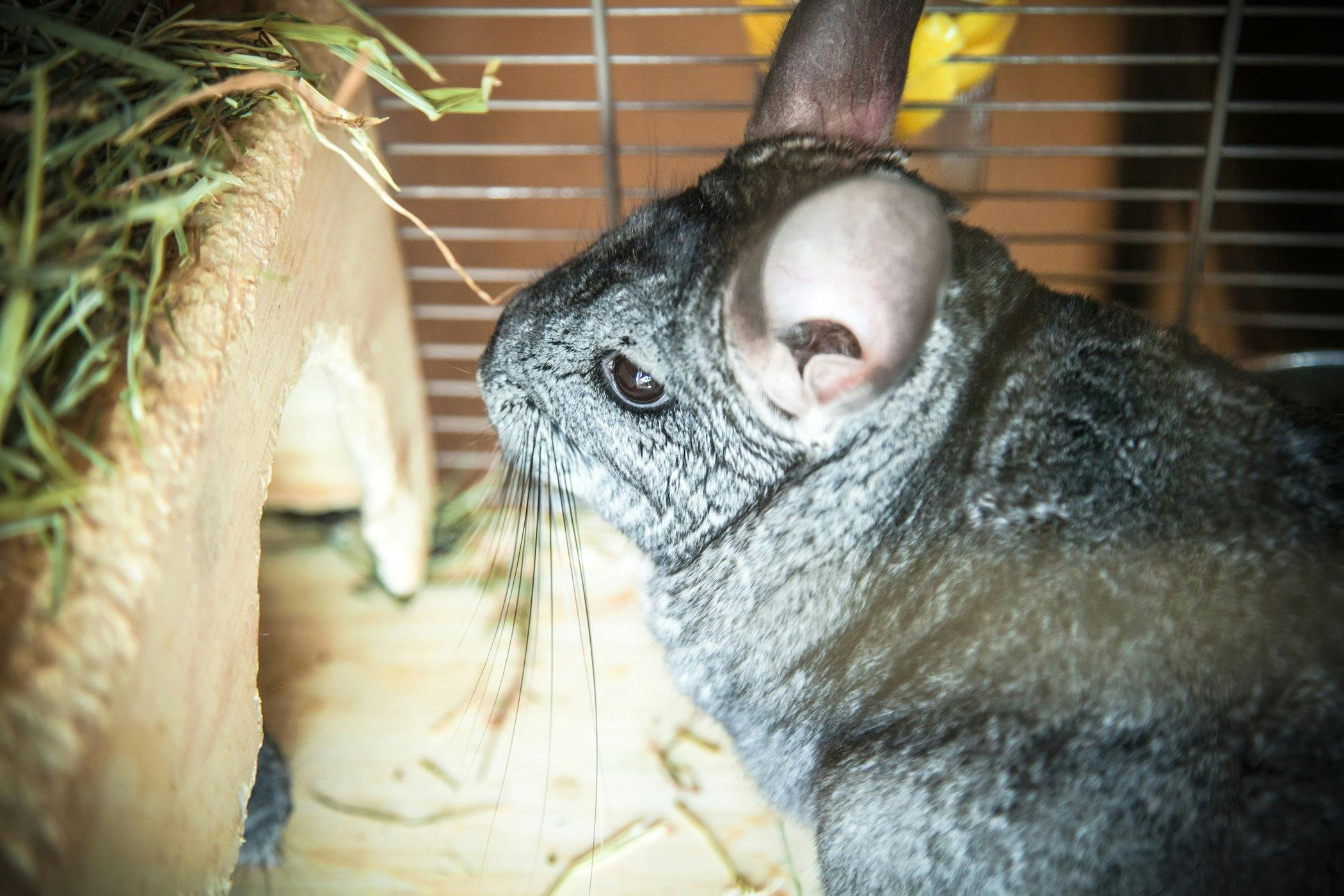
Bacteria in the Blood in Chinchillas Symptoms, Causes, Diagnosis, Treatment, Recovery
Method 1 Examining Your Pet Regularly 1 Check your chinchilla's teeth and mouth for dental issues. Chinchillas' teeth grow constantly, so you'll have to keep an eye out for overgrown and misaligned teeth. Every one to two weeks, check to make sure teeth are straight, uncurled, and unchipped.